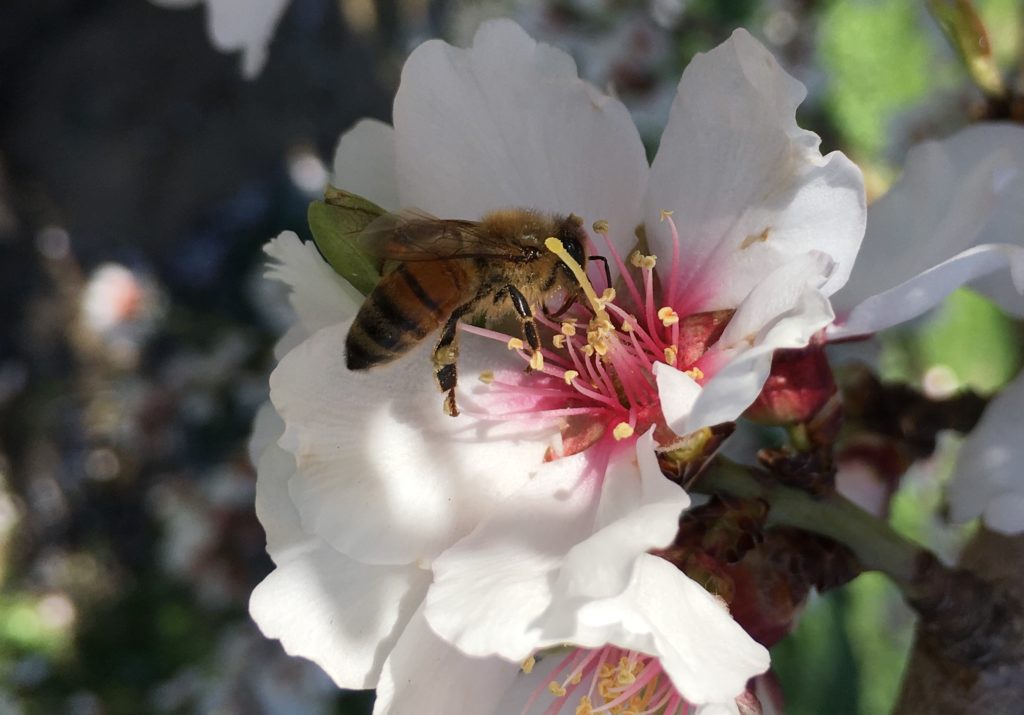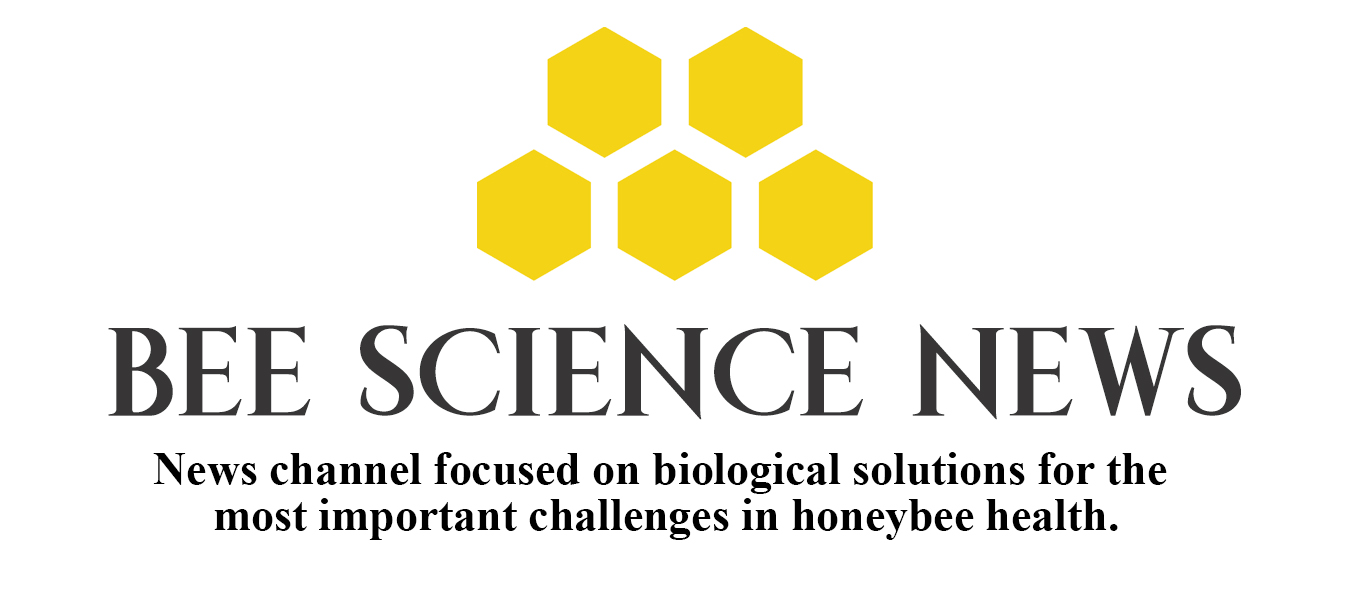Beekeepers truly love their bees, but many don’t appreciate the role gut microbes play in their overall health. They feed their bees supplemental food and sugar syrup, antibiotics and antimicrobial substances, wondering why the bees get weak and vulnerable. Here’s my response. – Slava Strogolov, beekeeper and microbiologist.
Dear beekeeper,
I want to bring to your attention the fact that microbes enable nutrition. Nutrition relies on the process of food being converted into energy molecules. Food contains nutrients: proteins, carbohydrates, fats, vitamins, and minerals. The energy stored in these nutrients is needed for optimal development, and to drive processes such as work, immunity, detoxification, growth and reproduction. The question is what’s the process for deriving energy from food? How does nutrition work? Who or what does this work of converting food into energy?
Let’s look closer at the gut where food is digested. Digestion is performed by the specialized microorganisms called gut bacteria. These microbes convert food into microbial products called short chain fatty acids (SCFAs). SCFAs are the energy currency for the host. This is how our bees, our livestock, get their energy from food.

In nature, the beneficial microbes are naturally found together in raw food. For example, pollen has natural bacteria and yeast present on its surface. When forager bees collect pollen and bring it back for packing into cells, the microbes ferment pollen into bee bread. This nutrition is consumed by nurse bees, who feed larvae and the queen.
Nowadays, we use pollen substitute to keep our bees fed and alive for pollination contracts. Without microbes, the nutrient absorption is minimal. Even in natural pollen that bees get during pollination, the microbes are getting harder to find. The modern agricultural practices deplete beneficial microbes in raw foods that we and our bees eat.
The pesticide, fungicide and herbicide used in modern agriculture, all harm the beneficial microbes present in the environment. It also impairs the microbes in the gut of the honeybee that consumes pesticide-laden pollen. Gut microorganisms are imperative for optimal digestion and nutrient absorption in the gut.
Antibiotics – Tylan, Terramycin, Fumagillin – further eliminate the beneficial gut microbes and limits the energy that the bees can derive from nutrition available to them.

Nutrition = Weight Gain. Decline in beneficial microbes, or dysbiosis, leads to a reduction in adult bee body weight and longevity, reduced queen longevity, reduced drone fecundity. It also increases the incidence and severity of pathogenic bacterial, fungal, viral and protozoal diseases.
Beekeepers need an answer to modern agricultural practices depleting the protective microflora. Strong Microbials Inc is providing this solution: SuperDFM-HoneyBee™ inoculates the beneficial microbes in the gut of the honeybee and help her restore proper digestion and nutrient absorption. We can’t turn off modern agriculture, but we can help get your bees through this challenging time in a healthy state. Please use original SuperDFM to get this done!
Give your bees SuperDFM-HoneyBee™ on a monthly basis for optimal digestion and livestock growth. Our analysis has confirmed 30-day application cadence of the probiotic is optimal. Without proper microbes, the best food will be wasted. Only with SuperDFM-HoneyBee™ will the benefits of pollen substitute be unlocked and used.
We introduced SuperDFM-HoneyBee™ more than five years ago. Success of our customers and increased use of SuperDFM has brought about great growth of Strong Microbials. We thank you for choosing the original SuperDFM for best science, best quality and best value. We look forward to keeping your livestock healthy for many years to come.
Sincerely, Strong Microbials Team.


Short-chain fatty acids (SCFAs) are Super Cool, Fast & Awesome energy for the bees. D.H. Alpers, in Encyclopedia of Food Sciences and Nutrition (Second Edition), 2003, writes “short-chain fatty acids are partly metabolized in the colonic cells, and appear to be a major nutrient source. Most of the fatty acids are metabolized intracellularly to CO2. Estimates of the contribution of short-chain fatty acid metabolism to the basal metabolic requirement vary from low (1–2% in the pig and 6–9% in humans) to high (30–40% in the rabbit).”